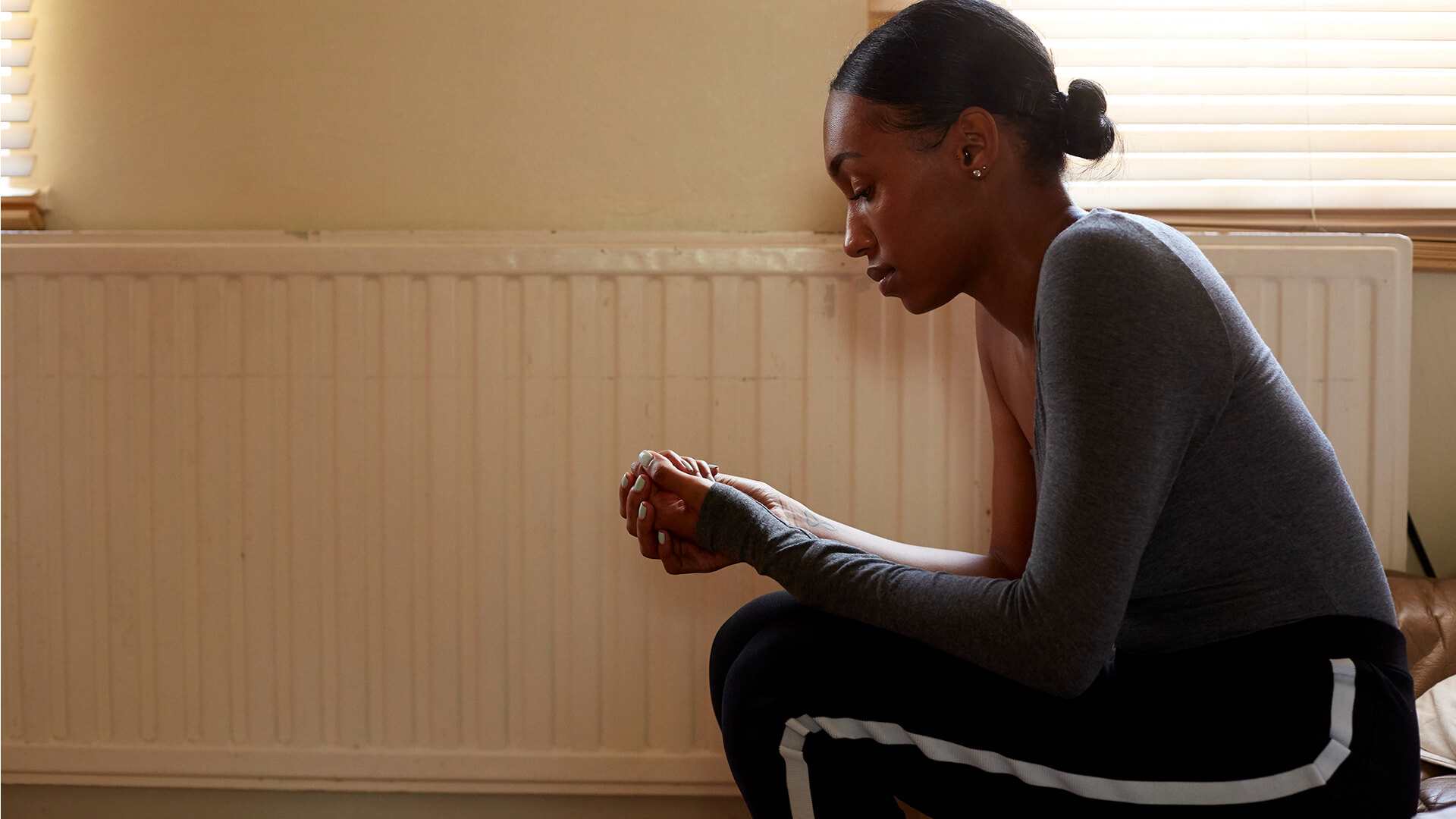Topics mentioned: eating problems, inpatient care
About: Our blogger Rachel shares her experience of going into hospital for her mental health, and her tips for anyone with an eating disorder in inpatient care.
Please remember that this is just one person's experience. If you have any questions, speak to your doctor or CAMHS team.
My feelings before admission
I was terrified. My anxiety was worsened by the fact that the hospital was so far away from home (as is unfortunately normal) and the social stigma and negative media depictions of units. It still feels like a taboo and I sometimes feel uncomfortable talking about it now as people don’t really know what units are like - this hinders discussions about how they can be improved. I had no idea what it would be like and felt rejected, like I was a ‘problem’ being sent away.
I had no idea what it would be like and felt rejected, like I was a ‘problem’ being sent away.
Tips for going into inpatient care
Discuss with your support networks what amount of communication they can realistically commit to (e.g. if they will be able to travel to see you) as well as practicalities - i.e. phone contract, signal strength and WiFi availability (I only discovered my unit didn’t have WiFi after arriving!). Having realistic expectations forced me to stay in touch when I didn’t feel like it and removed uncertainty.
- Pack comfy clothes, slippers, comforts (e.g. a blanket) and things to entertain yourself with (potentially something that can give you a sense of achievement, such as online studying).
- Check about financial support. I discovered I might be entitled to benefits late on in my admission and I wouldn’t want others to undergo unnecessary financial strain and be penalised for being ill.
- If you are a student, speak to your tutor. My tutor managed conversations with student finance and applied for a medical break in my studies. This relieved a lot of stress as I was scared that I would be kicked out.
- Contact the unit and see if they have any information they can give you beforehand about life on the ward (I got “told off” for breaking rules I didn’t know existed).
- If you don’t think you need to be there, ask yourself if you genuinely don’t need help or if it’s “your illness talking”. You can be anti-treatment or you can try and make the best of the situation and what is being offered.
- Be kind to yourself. For me, admission was a call to slow down and accept that I wasn’t well - that is not failure.
For me, admission was a call to slow down and accept that I wasn’t well - that is not failure.
Tips for treatment
- Discuss goals for your admission (e.g. target weight) with your home team (and be persistent if they don’t respond). Think about what is best to work on in hospital and what is best in the community - hospitals are not ‘magic bullets’ and it’s good to be aware of what support you will be offered after discharge.
- Try to reframe what may feel like a negative situation to consider how you might make the best use of it. I felt disempowered at being admitted, but setting personal goals helped alleviate this.
- Know your rights. I accepted things that I didn’t have to! Units aren’t perfect and people can make mistakes/hold stigmatising views or unconscious biases. You may be ill, but you are still a person and they have to treat you with that respect.
- Engage when you can. It may not help but it definitely won't if you don’t try!
- Try not to be put off if techniques or activities have patronising names - the technique underneath may be useful.
- Find at least one staff member you feel able to speak with and don’t expect to get on with everyone.
- Create a sheet of what helps when you are struggling that you can share with staff so you don’t have to spell it out when you are in the situation. For example, you might notice X when I am struggling/when struggling I might try Y. After all, you are going to have to do things that your illness does not want you to do and explore painful things which is daunting but potentially productive.
Try to reframe what may feel like a negative situation to consider how you might make the best use of it.
The positives
I met some amazing people. There is relief in being able to speak to people that 'get it'. However, try not to ‘trigger’ others, spend too much time with those who ‘trigger’ you/aren’t engaging, or take on their struggles. You are there for treatment too - prioritise yourself when you need to. Your achievements are your achievements - don’t compare yourself to others because you don’t know their full story.
I also felt a sense of validation about my illness by being in hospital - it gave me some permission to ‘not be okay’ when I needed it.
There is relief in being able to speak to people that 'get it'.
Advocate for yourself, but make sure it is yourself and not your condition you are advocating for. Inpatient units can be intense, frustrating and draining but they can also be places of laughter, understanding and positive change.
More information and advice
We have tips and advice to help you find the support you need. Take a look at our guides.
Where to get help
However you're feeling, there are people who can help you if you are struggling. Here are some services that can support you.
-
Beat
Offers information and support for anybody affected by eating disorders.
One-to-one web chat available. They also run a range of online support groups, which are all fully moderated and anonymous.
Enter your postcode in the HelpFinder to see what eating disorder support is available in your area.
View their information on helpline accessibility and confidentiality.
- Opening times:
- 365 days a year - weekdays (9am - 8pm); weekends (4pm - 8pm)
-
Childline
If you’re under 19 you can confidentially call, chat online or email about any problem big or small.
Sign up for a free Childline locker (real name or email address not needed) to use their free 1-2-1 counsellor chat and email support service.
Can provide a BSL interpreter if you are deaf or hearing-impaired.
Hosts online message boards where you can share your experiences, have fun and get support from other young people in similar situations.
- Opening times:
- 24/7






